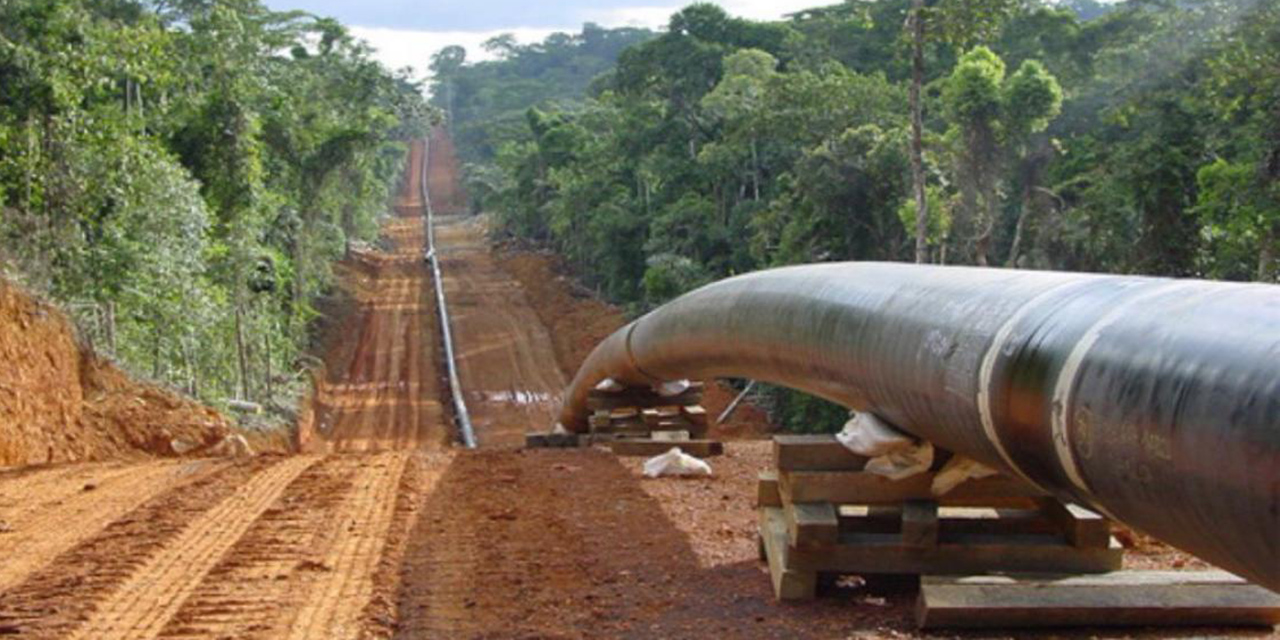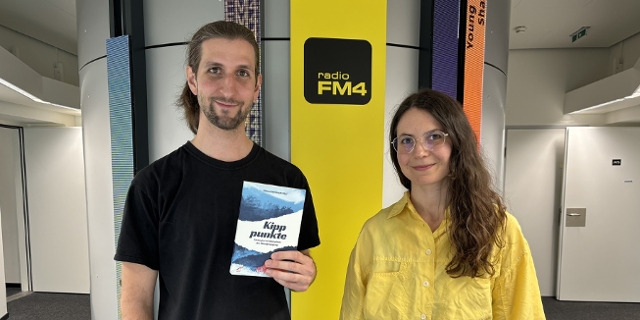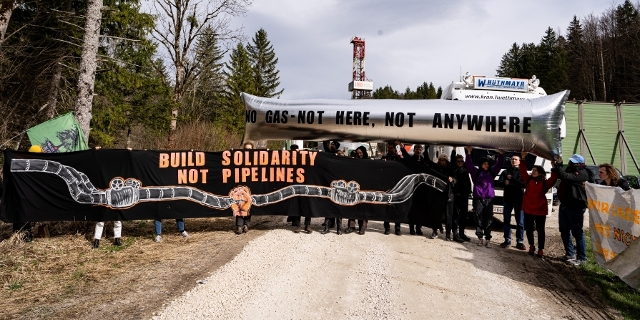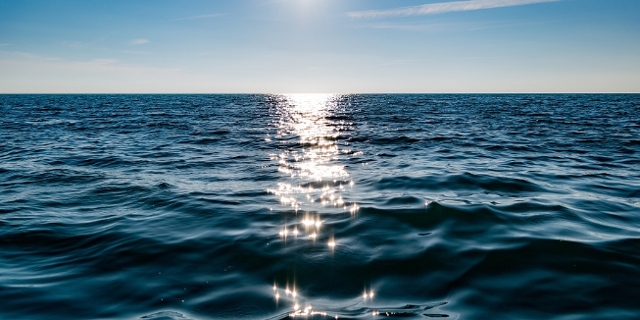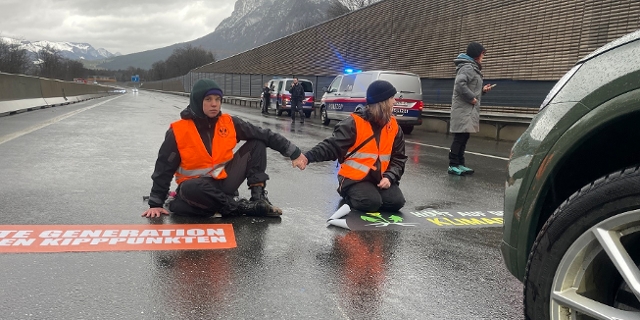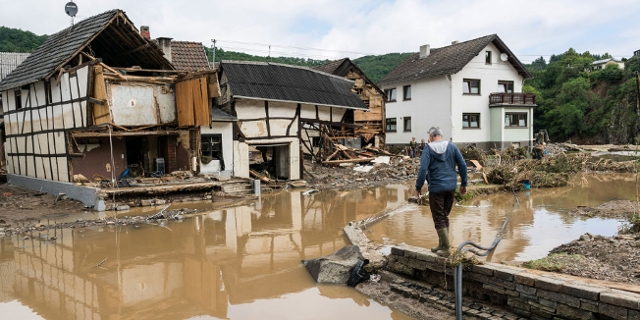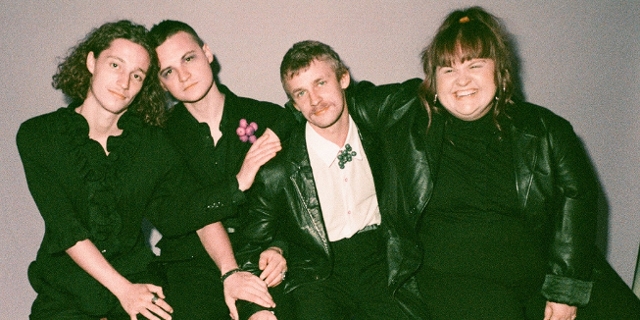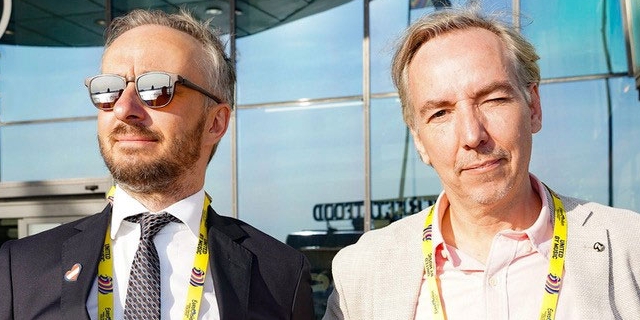EACOP: A Carbon Bomb in Africa
“We are likely to see the waterbucks, the buffaloes, the bushbucks, warthogs, giraffes. Then possibly, if we are very lucky, we’ve got the elephants,” wildlife ranger Milton told me as we gently chugged down the Nile in the Murchison Falls National Park in Uganda. “And we see a lot of hippos already. Whether you like it or not, you must see the hippos.”
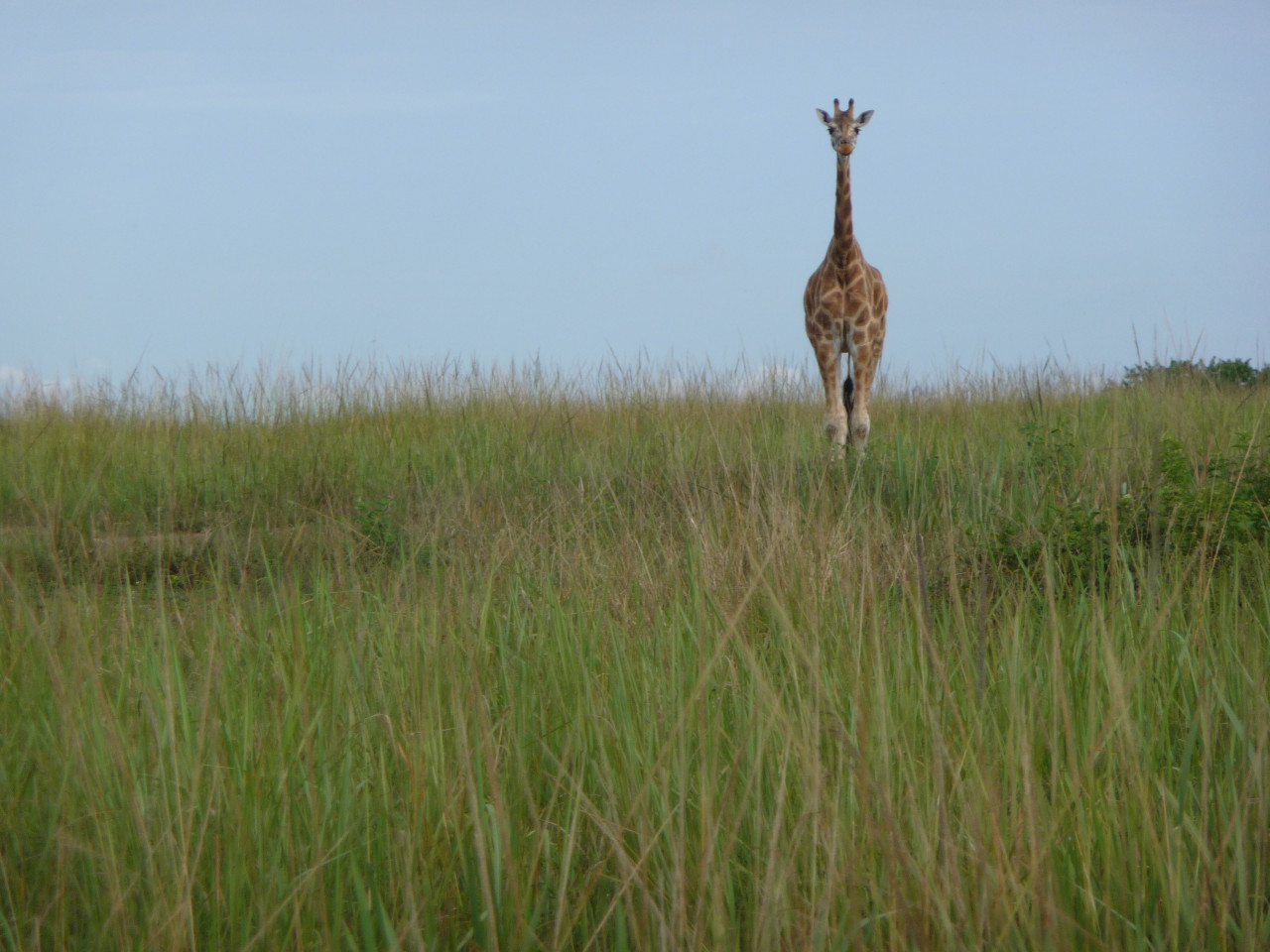
Chris Cummins
The national park is a haven of biodiversity. But it might also soon be a centre for oil exploitation that could transform the ecology and the economy of this sun-baked Eden.
Uganda and Tanzania are set to begin work on a massive crude oil pipeline that will transport oil from Murchison Falls to the eastern coast of Africa and on to lucrative markets abroad.
Blessing Or Curse?
I passed through Murchison on my bike back in 2012, 6 years after oil had been discovered on the banks of Lake Albert. Already then it was clear that changes were afoot. White Toyota Landcruisers full of foreign oil workers sped down the unpaved roads of dusty local villages, where the distended bellies of the local children watching on told a sorry tale of malnutrition.
It was a striking issue of contrast that stuck awkwardly in my mind.
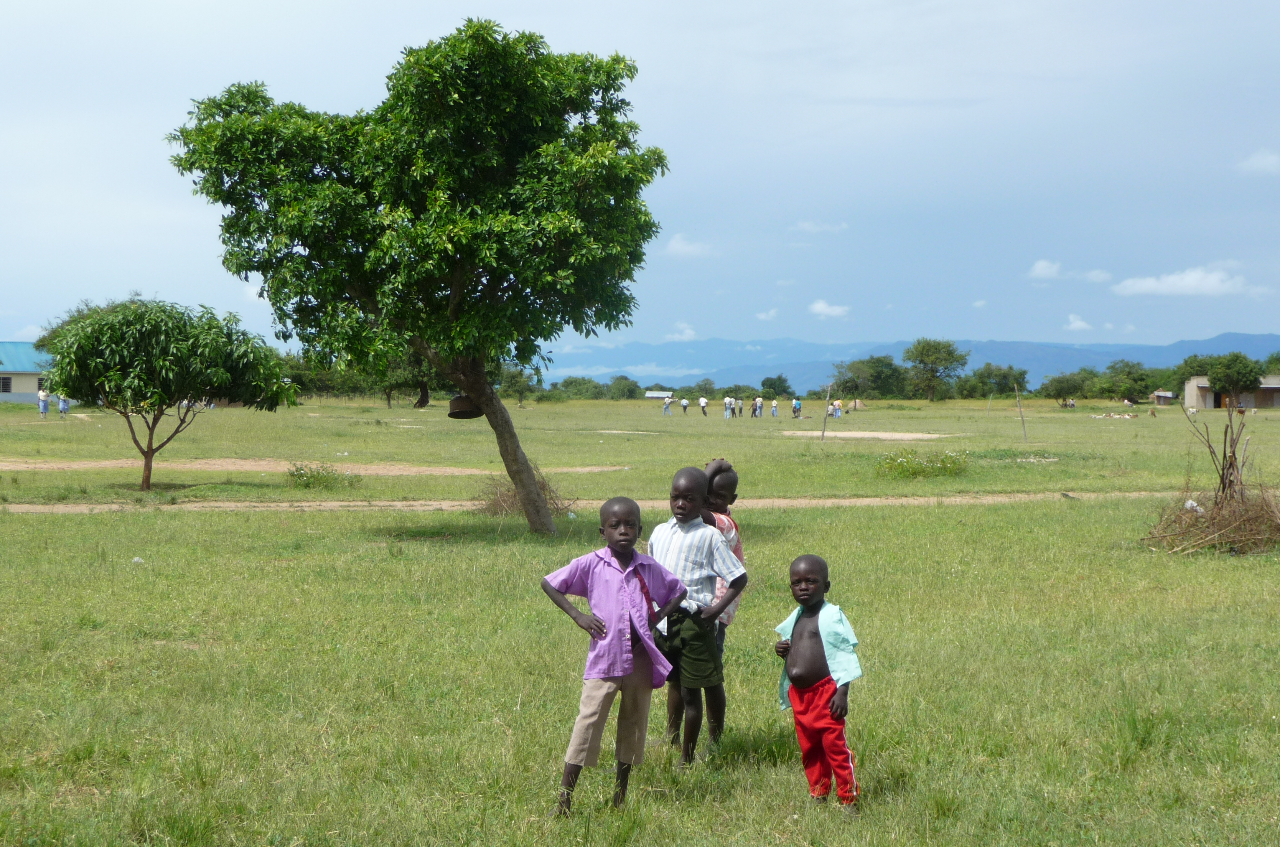
Chris Cummins
I wondered then and I wonder now: will the discovery of oil prove a blessing for economic prospects for such impoverished children?
Or, as in other regions, might it prove an ecological and social curse?
Tax Breaks and Potential Spills
The government insist it will be the former, but critics, as well as the lessons of History, suggest the latter.
The main backers of the multi-billion-dollar project are foreign companies; the French company Totalenergies and the China National Offshore Oil Corporation who will export most of the oil out of the country via the pipeline called the East African Crude Oil Pipeline (EACOP).
“The Ugandan government is preaching water and drinking wine because the politicians speak of benefits to the community but have passed a spatial resolution where they’re giving all manner of tax incentives to the foreign companies; says Omar Elmawi of the Stop EACOP campaign. “And so, for instance, they’ve given a tax holiday. For ten years while the oil is passing through the pipe, the companies won’t be paying any corporate tax.”
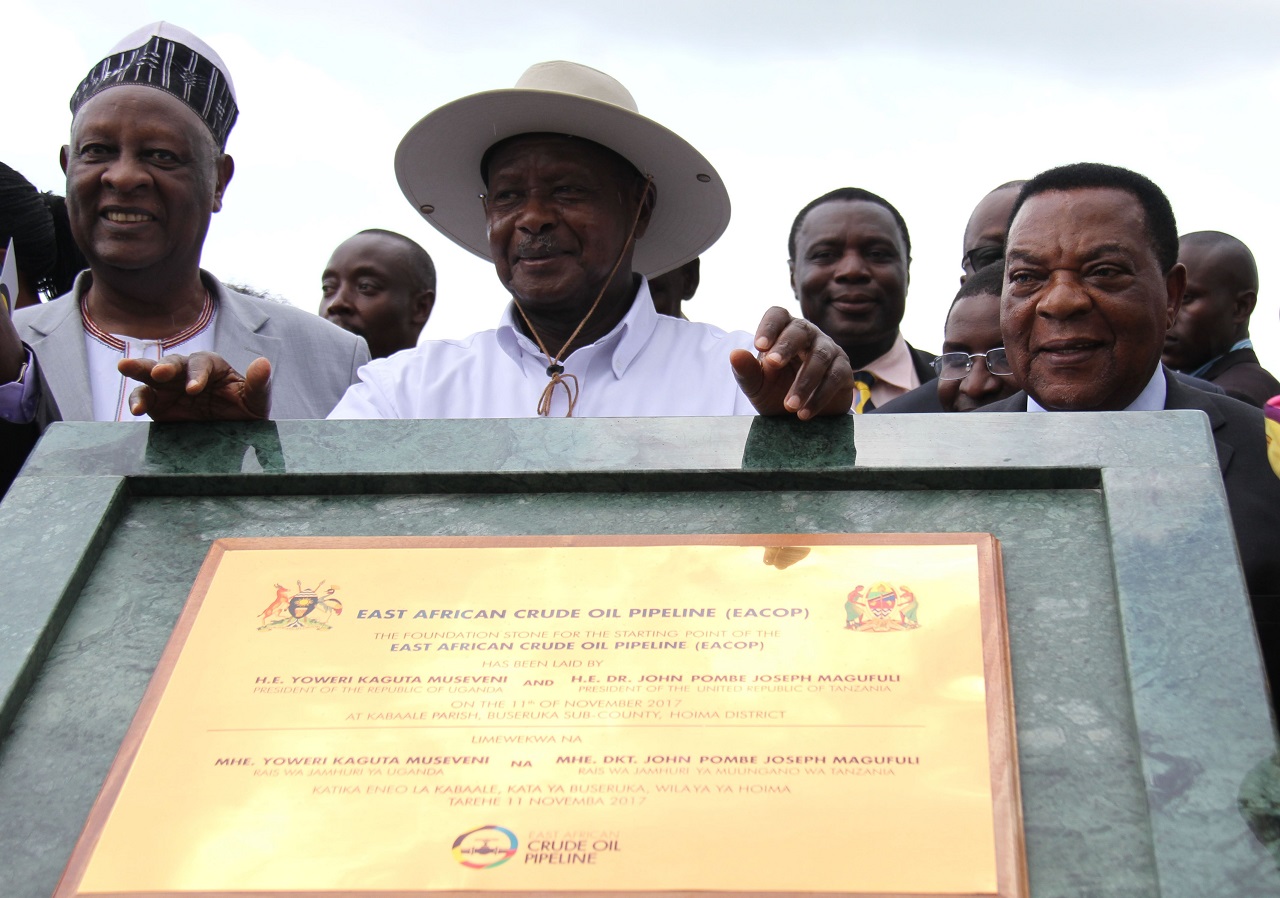
AFP PHOTO / GAEL GRILHOT
Stop EACOP call the plans „Corporate Colonialism“
Corporate Colonialism?
The centre of the project is bang in the middle of an area that is not only a vital home for wildlife to thrive but also a source of tourism jobs and revenue for the local population.
“More than 100 oil wells are going to be drilling at Murchison Falls National Park,” says Omar Elmawi. A further 300 will be near the parks boundaries. And that, he says, is only the start of the environmental problems.
“Wherever there are pipelines there are always risks of oil spills. We know that oil spills are happening every year in different parts of the world, and therefore Uganda won’t be different.”
A Climate Bomb
And then, of course, there is the issue of the climate. We’re meant to be transitioning away from fossil fuels, but this project is a step om the opposite direction. In the years of peak oil flow, the associated emissions would be more than double those of Uganda and Tanzania in 2020.
Omar Elmawi calls EACOP a “carbon bomb” that is going emit about 34 million tons of carbon emissions every year. Austria’s total emissions per year are around 70 million tons – that includes traffic, industry, heating; the lot. So basically, this project could add half an Austria to the global climate burden every year.
A “carbon bomb” is a term used for a fossil fuel project that would drive the amount of carbon in the atmosphere past internationally agreed levels necessary to have temperature limits. This would, of course, have catastrophic global impacts. Richard Heede of the Climate Accountability Institute says this is just one bomb of many.
“It’s not only from the Total Energies, but also Exxon and Chevron and almost every other oil company in the world,” he complains. “They are still exploring and spending billions of dollars a year exploring for new reserves.”
There’s No Safe New Project
In 2021 The International Energy Agency stated that its research has clearly shown that no new oil and gas fields could be built if the world was to stay within safe limits of global heating. Therefore, it would seem suicidal to dig more oil wells when we can’t afford to even burn what we’ve already got.
Such research, as well as the adverse effect this new pipeline project would have on biodiversity, has led to a reaction from Brussels.
Totalenergies is based in the European Union (and EACOP has been backed by French President Emmanuel Macron) and so the European Parliament felt compelled to comment on the project.
„So egocentric, so wrong!“ says Museveni
In a resolution passed in September it urged a stop to the current pipeline plans; a meddling that infuriated President Yoweri Museveni. “Now, for the European Union, some of these people are insufferable,” he railed. “So shallow, so egocentric, so wrong!”
Lessons From History
Certainly, European countries have enriched themselves on the back of fossil fuels and so ethically, there is a big problem with the message Europe is sending to less developed Uganda. But there’s ethics and there’s planetary survival; and Uganda is on the frontline of the climate crisis.
There’s also the issue of whether this project would actually serve the Ugandan people anyway? Richard Heede of the Climate Accountability Institute recommends that Ugandans look at examples from recent African history. Oil finds have often proved to be a curse for ordinary people. “We can look at Nigeria, for example, and Angola. It doesn’t seem to do the countries all that much good in the context of African development when foreign companies come in and extract and export resources from native lands.”
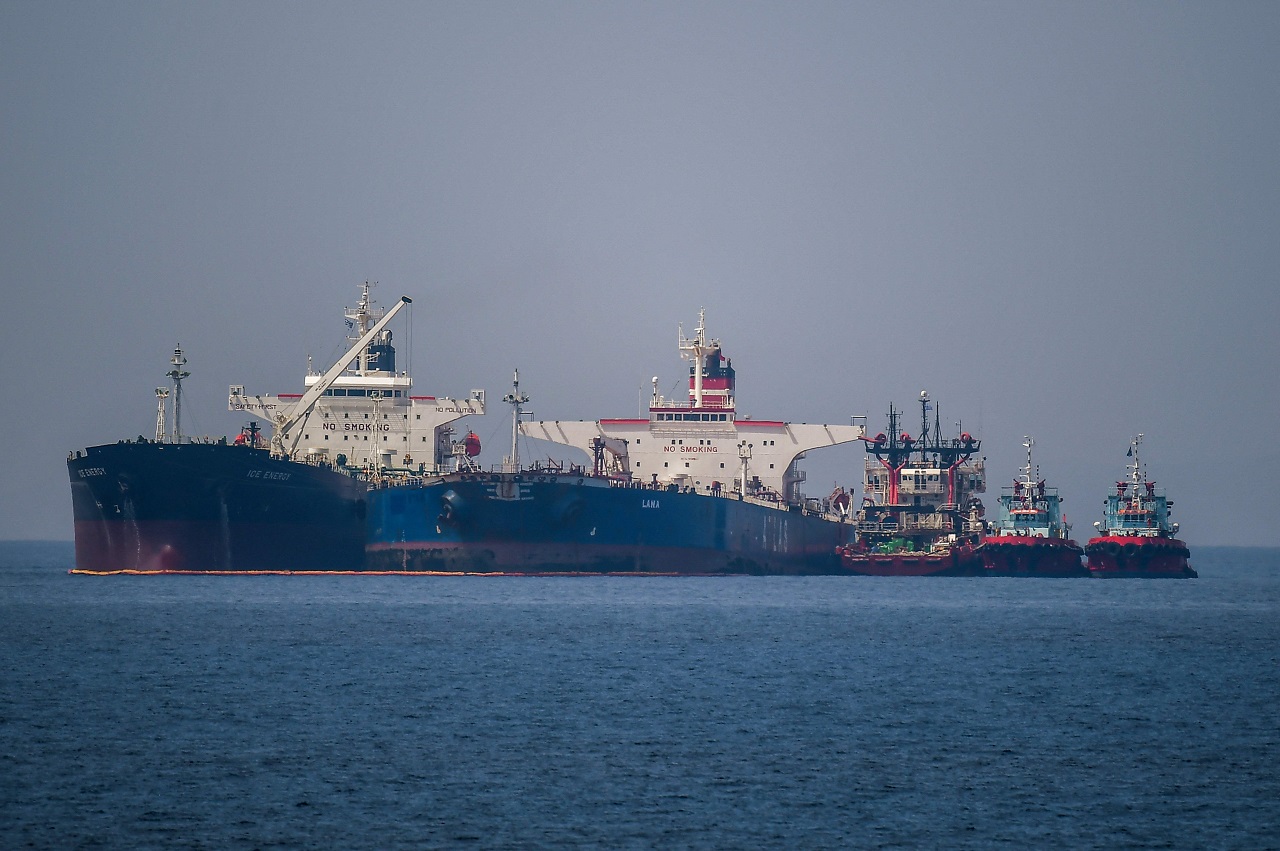
Angelos Tzortzinis / AFP
The plan to important 500,000 tons of equipment from abroad suggest this project might be more lucrative for foreigners than for Ugandans.
Fighting Energy Poverty
There’s no doubt that Uganda needs more energy and more development. In 2016, the last year figures were available, it was estimated by the World Bank that only 26% of Uganda’s population has access to electricity.
In urban areas, the percentage is higher, at about 60% but, in rural areas, the amount of people with electrical access is limited to only 18%.
This doesn’t have to be a choice between the environment and development. Don’t forget that most of the oil will be pumped away from Uganda and the infrastructure investment could be put to uses more likely to benefit locals. The costs of producing fossil fuel energy remain high, but the price for producing renewables is sinking fast.
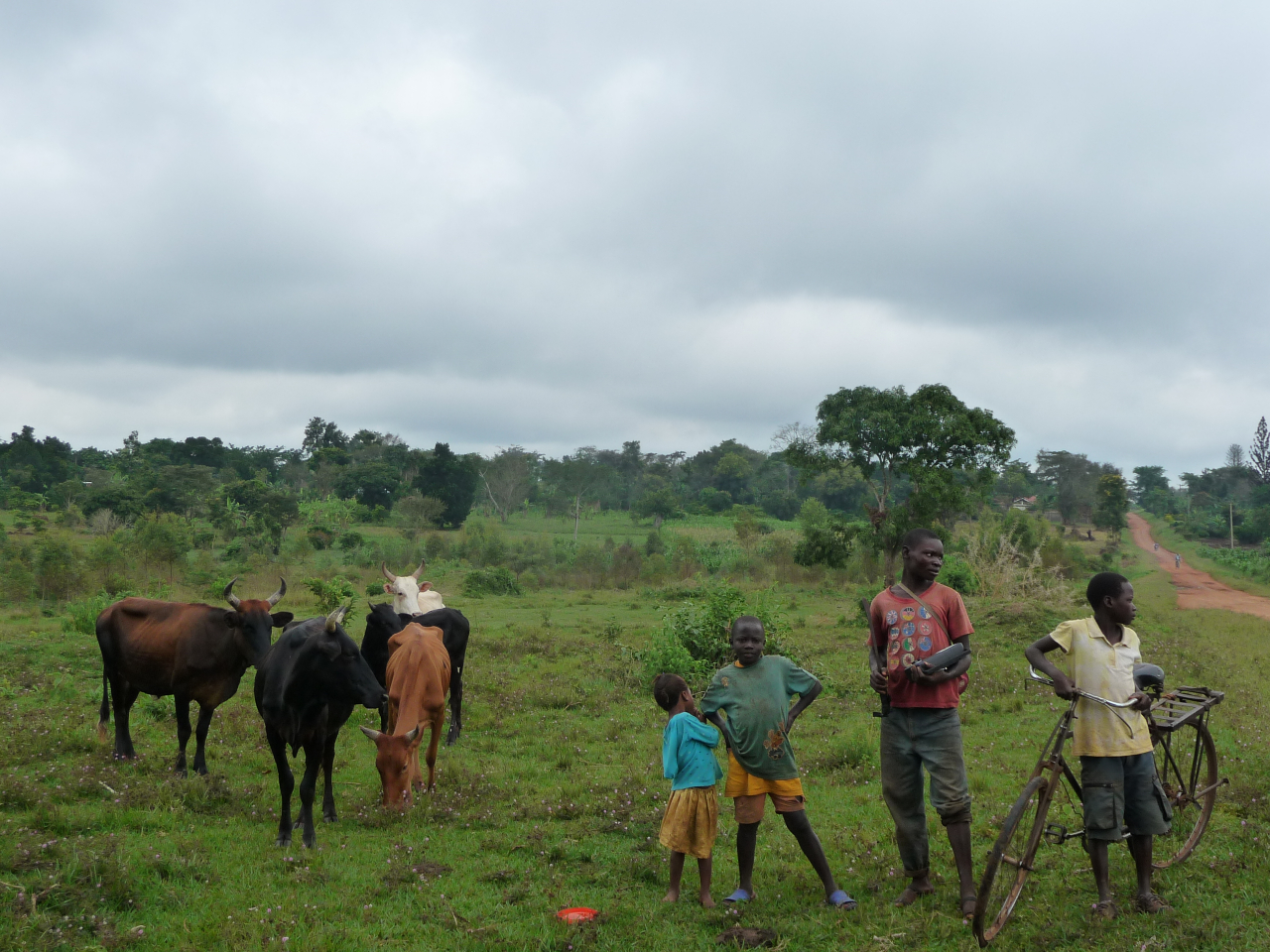
Chris Cummins
Renewables Mean Empowerment
“If the government really wants to develop Uganda, if they want to end energy poverty and financial poverty, then they don’t have to look any farther than Uganda’s renewable energy potential,” argues Omar Elmawi.
92% of Uganda’s energy already comes from renewable sources. Use of solar power has increased by over 25% in recent years, thanks to microloans issued in partnership with telecommunication companies. Eventually the local people will be able to buy those solar panels and have autonomy over their own energy.
That sounds better than a foreign-owned oil project, doesn’t it!
More Klimanews Weekly
Publiziert am 04.11.2022







